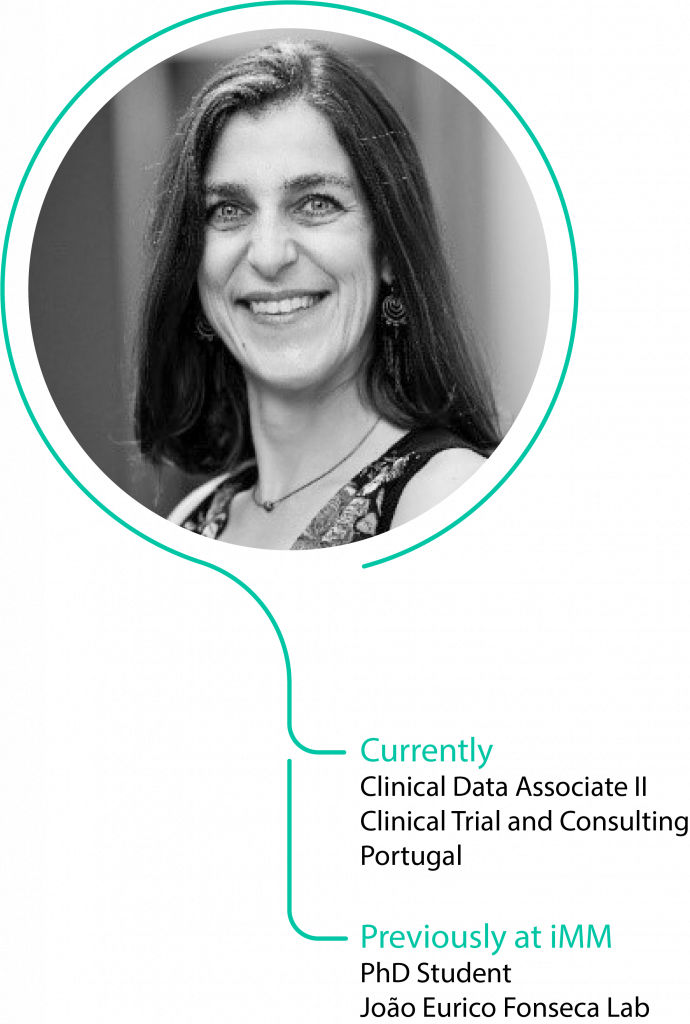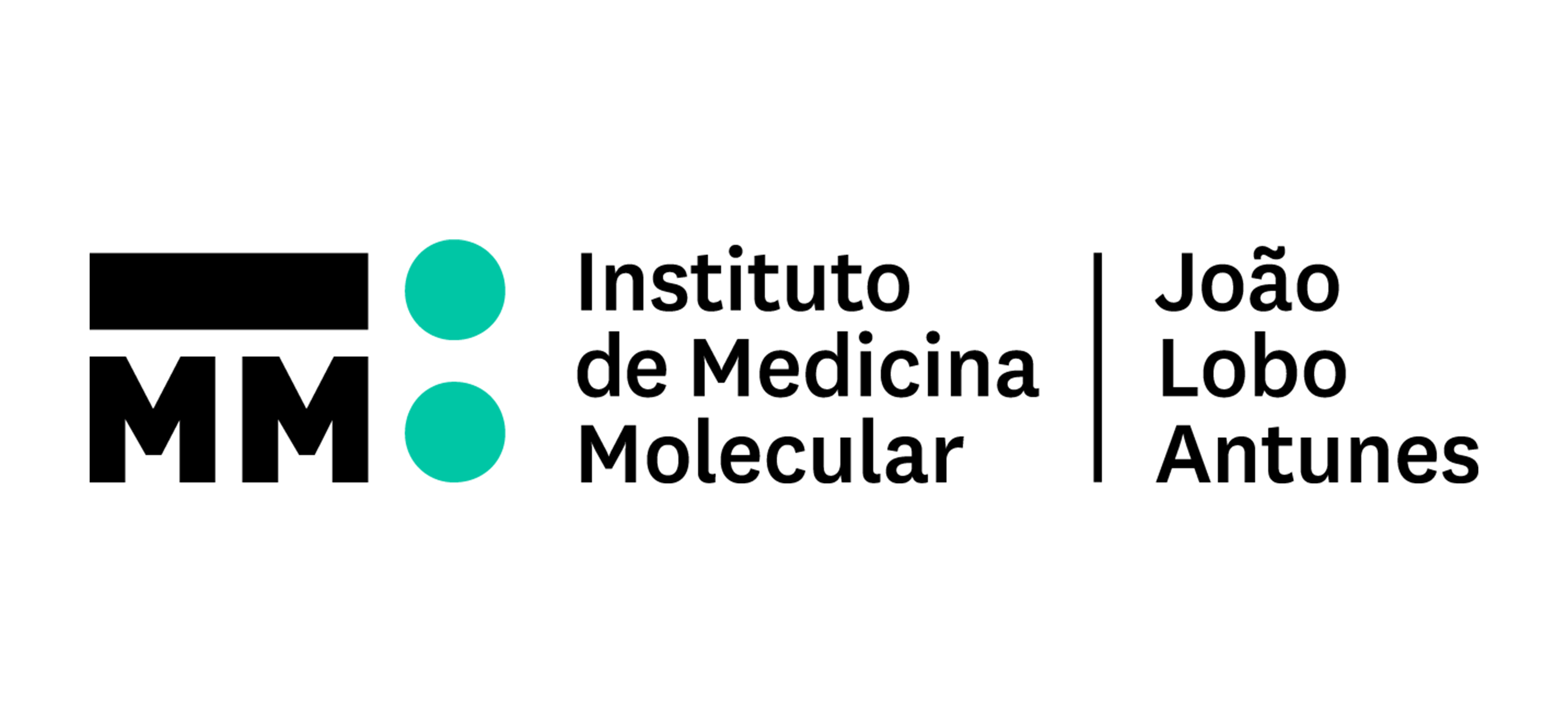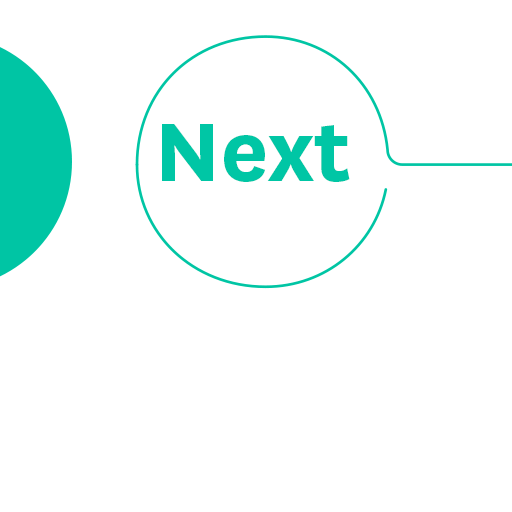Diana Fernandes
.

Biosketch
Diana Carmona Fernandes was born on March 3, 1982, in Lisbon, Portugal. In 2000, she enrolled at NOVA School of Science and Technology under the graduation program in Applied Chemistry, which finished in 2007.
In the same university, one year later, in 2008, she concluded her master thesis in Biotechnology under the theme “Occurrence of fungi and bacteria in untreated water intended for human consumption”, in a project developed at IBET – Instituto de Biologia Experimental e Tecnológica under the scope of an international project: “Development and validation of integrated drinking water treatment processes in Portugal and Norway”. In 2009 she joined the Rheumatology Research Unit – JEFonseca´s Lab at iMM – Instituto de Medicina Molecular as a research fellow, and later, in 2012, started her PhD in Biomedical Sciences in the same lab under the theme “Coupling of atherosclerosis progression and bone disturbances in inflammatory rheumatic diseases”, and defended her thesis in February 2019.
In the end of 2016, a few months after the end of the PhD fellowship, and still writing her thesis, she started working at Teatro Camões – OPART, E.P.E. as ticket office attendant. In mid-2017 she started a second job as project manager and data analyst at the Portuguese Society of Rheumatology. Meanwhile, in January 2017 her first son was born; in November 2019 a second boy arrive to light up his life. She is now looking forward to September 2022, when she will start a new career path in an international CRO company.
Testimony
I have started my professional activity (during more than 8 years) in iMM, first as a research fellow and then for my PhD. For shure, there are a lot of great places in the world to develop a project in biomedical research, and the iMM is certainly one of them. On one hand, the proximity to the hospital opens the possibility of developing certain projects that would be impossible (or, at least, much more difficult) to develop elsewhere.
This, allied to the permanent contact with doctors, medical students, and patients, enriches the works that are developed in the institute. On the other hand, the organization of the institute, namely the availability of research support structures (with very high-quality staff and equipment), combined with the enormous spirit of mutual help that involves all those who work there, make the iMM a very special place. I will always remember with great affection the time I spent there, where I’ve started a little scared and naïve, just coming out of university, and from where I brought the necessary tools to enter the job market outside academia.
Contact


